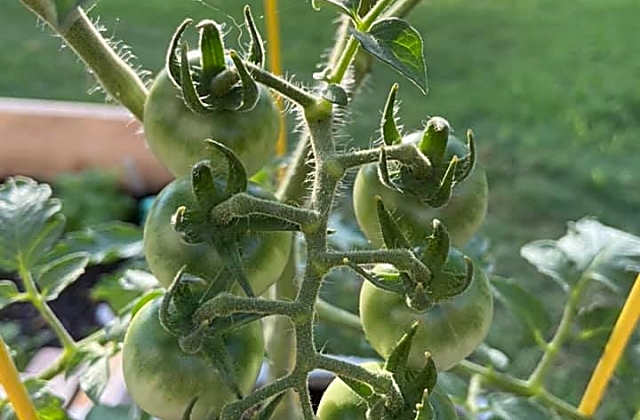What You Should Know to Get The Best Potting Soil For Tomatoes

Tomatoes require proper attention to yield the best type of crop in the pots. This is the reason why it is important to understand first what exactly is the right potting soil for growing tomatoes. You will know when you have found the appropriate potting mix for growing tomatoes because there are specific requirements that need to be followed to ensure their growth and development. In this write up, you’ll learn the essentials of growing vegetables in pots.
First of all, you should pay a lot of attention to the type of fertilizer you use in growing tomatoes. There are different types of fertilizers available in the market – the commercial fertilizers or the inorganic fertilizers. The inorganic fertilizers are those that contain more nutrients and minerals whereas the commercial ones are made from synthetic materials and are cheaper than the inorganic ones. It is recommended that you go for the commercial products. However, if you opt for the inorganic variety for growing vegetables in the pots, you should make sure that you use peat moss for ensuring good root growth and nutrient delivery to the plants.
Potting mix is a vital ingredient for making the plants thrive and grow well. In addition, it supplies much-needed nutrients to the roots of the plants so that they grow healthily. Some of the essential elements that should be present in the potting fertilizer are nitrogen, potash, phosphorous, potassium, magnesium and sulfur. There are many ways to go about the process of purchasing the best potting soil for tomatoes and these are discussed below.
Firstly, look for a brand that is reputed for its quality. It is only then that you can be assured of the quality and potency of the fertilizers. The leading brands produce high quality but inexpensive varieties. You must choose one that has a good amount of nitrogen, potash, phosphorous and calcium. All these elements are vital for ensuring that your plants get all the necessary vitamins and nutrients to grow well and yield well. The chemical composition of different brands varies and some may contain higher levels of acidity whereas others are high on alkalinity.
Secondly, determine the type of fertilizer to be used for your plants. This is largely determined by the time in which you plan to plant tomatoes and for this, you need to give a thought to the growing season. In case of early planting, there is no problem in using any type of fertilizer that is available at home. However, if you wish to save time and money, you can go for chemical fertilizers that are available over the counter. There are also many commercial fertilizers that are readily available in stores and supermarkets that ensure that the plants get all the nutrients required for thriving and growing well. However, if you choose organic brands, there is nothing to worry about harmful effects on the plants or even on your own plants.
Thirdly, find out how the soil contains iron, zinc and manganese. High levels of these elements in the soil are necessary to ensure that the roots of the tomatoes receive all the essential nutrients and are protected from root diseases. Tomatoes do not grow well without these elements in the soil, whether they are natural or chemical. When choosing the soil for your tomatoes, look for these components.
Finally, a study about the moisture level and amount of sunlight the plants get in the area that you plan to grow tomatoes in. All the plants grow better when the soil is moist with a sufficient amount of nutrients. Tomatoes need a lot of nutrients like iron, phosphorus and potassium. The clay soil contains more of these elements and potted tomatoes grow very well in such a soil.
It is important to follow the correct growing conditions laid down by a professional in order to avoid problems with the plants later on. You should also be careful about the fertilizers and pesticides that you use. Make sure that you do not overdo them. The chemicals are specifically formulated to target particular pests and defects in the plants, but the plant’s own defense system may be weakened by these chemicals. It is best to consult a garden expert before planting any crops, especially if you have never tried growing anything in the past. There are specialized nurseries that provide specific services on specific types of crops.